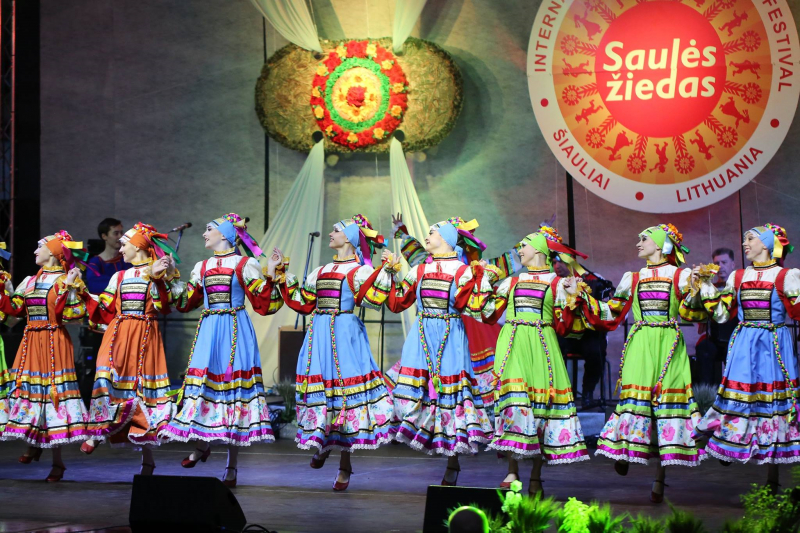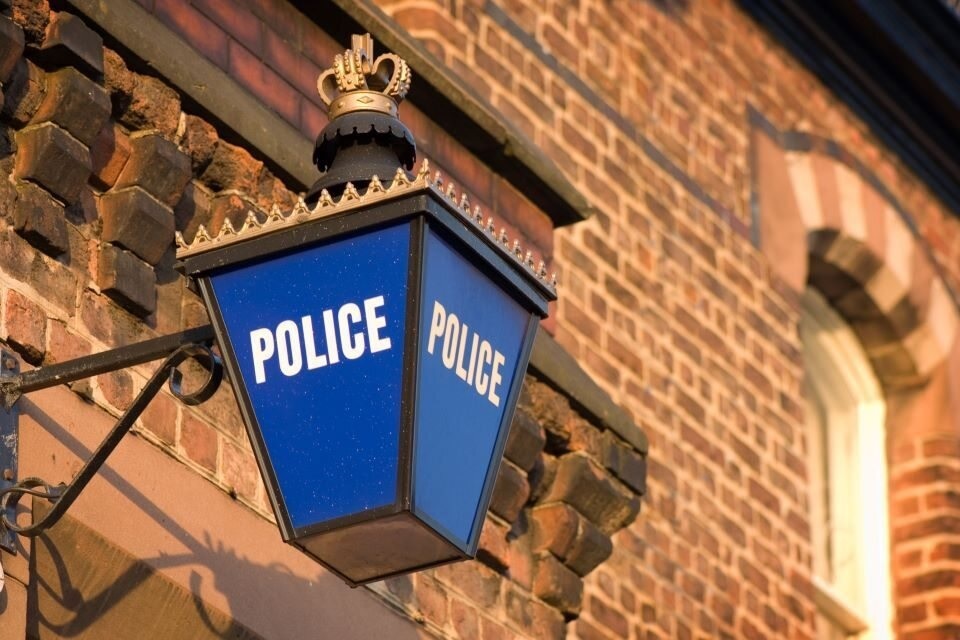Children and vulnerable people who are exploited by gangs for criminal purposes will receive greater protection, with two new criminal offences set to be introduced by the government next week.
Landmark legislation will be brought forward to ban cuckooing, a highly exploitative practice where criminals seize control of a vulnerable person’s home without consent to conduct illegal activities like drug dealing.
Another new offence will be created against adults who use a child to commit criminal activity. Both of these measures will be part of the government’s landmark Crime and Policing Bill, which is set to be introduced in Parliament next week and forms a key part of the government’s Plan for Change.
Current estimates show that approximately 14,500 children were identified as at risk or involved in child criminal exploitation (CCE) in 2023 to 2024, although this is likely an underestimate as many exploited children will not be known to authorities.
However, under current legislation, only a small number of individuals have been charged for using children in criminal activity.
This standalone CCE offence will therefore look to target those adults who unscrupulously groom and exploit children into criminal activity, such as county lines drug running or organised robbery, as well as increasing the opportunities for children to be identified.
Those convicted of committing a CCE offence could face a maximum of 10 years in prison, sending a clear message that this form of child exploitation will never be tolerated.
Home Secretary, Yvette Cooper, said:
The exploitation of children and vulnerable people for criminal gain is sickening and it is vital we do everything in our power to eradicate it from our streets.
As part of our Plan for Change, we are introducing these two offences to properly punish those who prey on them, ensure victims are properly protected and prevent these often-hidden crimes from occurring in the first place.
These steps are vital in our efforts to stop the grooming and exploitation of children into criminal gangs, deliver on our pledge to halve knife crime in the next decade and work towards our overall mission to make our streets safer.
The new legislation also includes the creation of new CCE prevention orders, which may be issued at the end of criminal proceedings or upon application by police.
These bespoke orders will ensure that courts can impose restrictions and requirements on individuals who pose a risk of exploiting a child for criminal purposes, such as limiting their ability to work with children, contact specific people or go to a certain area.
This will help manage the risk of offending, or reoffending, and breach of these orders (or failure to comply with any relevant notification requirements) will also be a criminal offence, with a maximum penalty of five years in prison.
Baroness Anne Longfield, Executive Chair of the Centre for Young Lives, said:
The ruthless criminal exploitation of vulnerable children has been a brutal and lucrative business model for organised criminals for too long.
It has had tragic consequences for thousands of young lives and has devastated families and communities.
This change in the law is long overdue, very welcome, and will save lives.
Mark Russell, Chief Executive at The Children’s Society said:
This new offence is a vital step forward that we have been campaigning for over the years. A standalone crime of child criminal exploitation (CCE) will finally shift the focus onto perpetrators, not victims. For too long, adults who groom children into criminal activity – forcing them to hold drugs or launder money or commit theft – have evaded accountability. Charges such as drug possession ignore the core truth; these are child abusers exploiting vulnerable young people.
To protect the 14,500 children identified at risk last year – and the thousands more unseen – these measures must be backed by three pillars; strong enforcement, training for safeguarding professionals and a statutory definition of CCE to help end the postcode lottery in victim support.
This is how we break cycles of harm: punish the exploiters, prioritise the victims, and put child safety first.
In further measures to better protect vulnerable people, a new offence making cuckooing illegal will also be introduced.
Dame Rachel de Souza, The Children’s Commissioner, said:
As Children’s Commissioner, I know the criminal exploitation of children is a complex type of abuse that causes harm to victims in a way that has for too long been undercounted and poorly understood.
Many children targeted by adult criminals themselves face punishment instead of support. Like too many child victims, they are often ignored and overlooked. Their voices and experiences must be listened to, if we are to create a child-centric justice system that puts safeguarding at its heart.
Introducing this new offence and new prevention orders will help create that much needed clarity that exploited children are victims. I hope this will enable professionals to intervene at far earlier stages of intervention, backed by plans to create a unique identifying number for every child that helps services identify those in need of support.
These measures will be introduced in the Crime and Policing Bill alongside the new CCE offence.
It is commonly associated with drug supply, serious violence and antisocial behaviour, seeing people often with disabilities or those with substance misuse issues targeted by criminals for their own personal gain.
The introduction of this new offence will target individuals who take over the homes of vulnerable people for criminal purposes and punish them for the harm caused. It will carry a maximum penalty of 5 years in prison.





